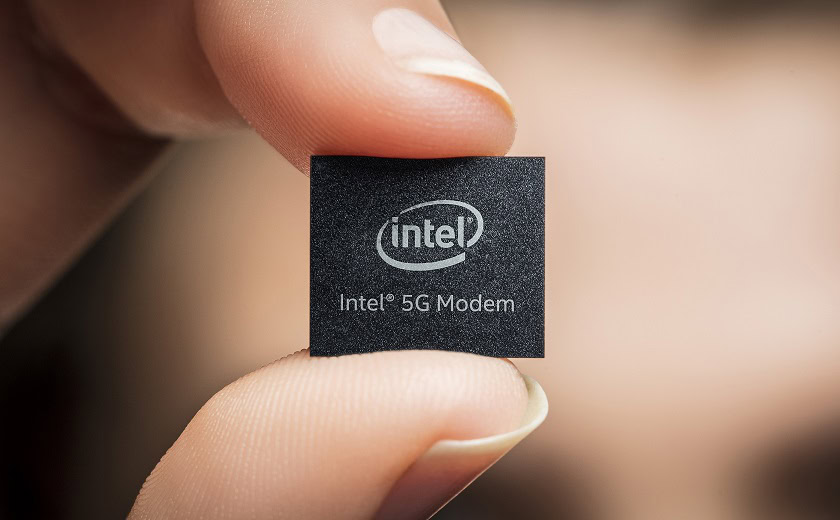Affiliate links on Android Authority may earn us a commission. Learn more.
Apple might make its own modems, cutting reliance on Intel (and Qualcomm)

- Apple could be making big moves to start creating its own mobile modems.
- If true, this would mean the company is looking to end its reliance on Intel.
- Apple creating its own modems will cost the company a lot up front, but likely save it money overall.
A new report from Reuters suggests that Apple might be making serious moves to develop its own in-house smartphone modems. If this is true, it would be bad news for Intel, which currently makes iPhone modems.
The sources of the report are two anonymous people familiar with the inner workings of Apple.
According to the sources, Apple has shifted engineering staff who currently work on modem technology in the supply chain division to the in-house hardware technology division. While this isn’t the largest of changes, it does represent that Apple is being proactive about creating its own modems.
Additionally, Johny Srouji, Apple’s senior vice president of hardware technologies, took over the company’s modem design efforts in January. This wasn’t previously reported.
The modem is one of the most important parts of the inner workings of a smartphone, as it establishes connections with wireless network towers. For years, Apple used Qualcomm modems in the iPhone but then shifted to using Intel modems when Apple’s relationship with Qualcomm started to sour.

Apple already creates its own processor chipsets for the iPhone and iPad, so creating its own modems makes perfect sense.
However, this would be bad news for Intel. Rumor has it that when Apple shifted to using Intel modems it was dissatisfied with the company’s output. There are even allegations that Apple stole technology secrets from Qualcomm in order to help get Intel closer to being a real competitor.
If Apple is serious about making its own modems, that would mean that Intel still isn’t measuring up. It would also mean a large financial loss for the company when Apple stops buying its chips.
It’s likely that Apple would have to invest millions into the research and development of these modems. However, that upfront cost would likely pay off in the long run, as developing modems in-house would eventually save the company money. It would also save space inside the iPhone as Apple would likely combine the modem with its own chipset, which is how most Android devices work.
Apple’s most current mobile chipset — the A12 Bionic — was the first to market featuring 7nm technology and handily beats most other mobile chipsets in multiple tests. If Apple can achieve such heights with modems, it could give the iPhone a big edge over many Android devices.
NEXT: Apple’s next iPhones tipped to embrace triple cameras, 3D sensors